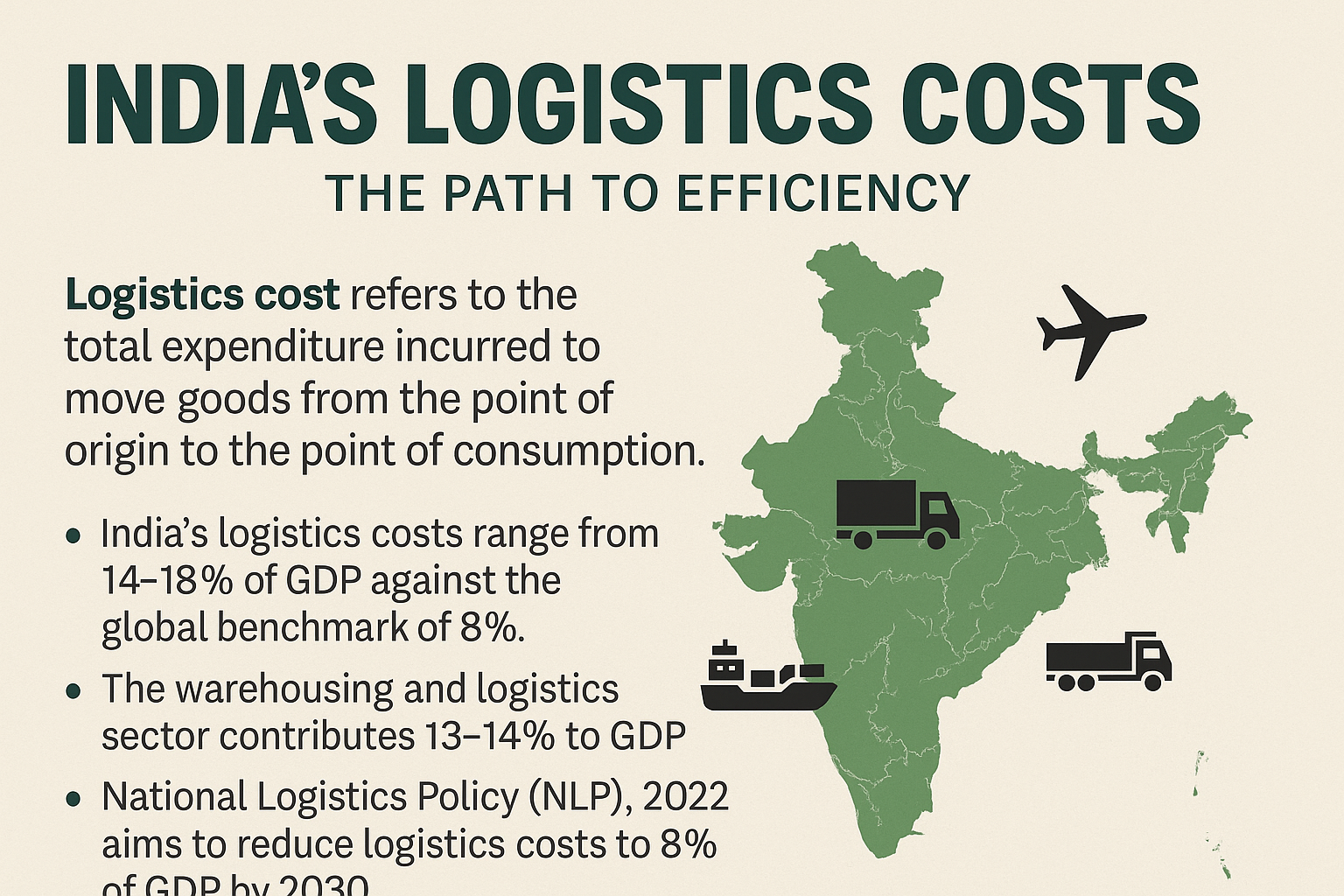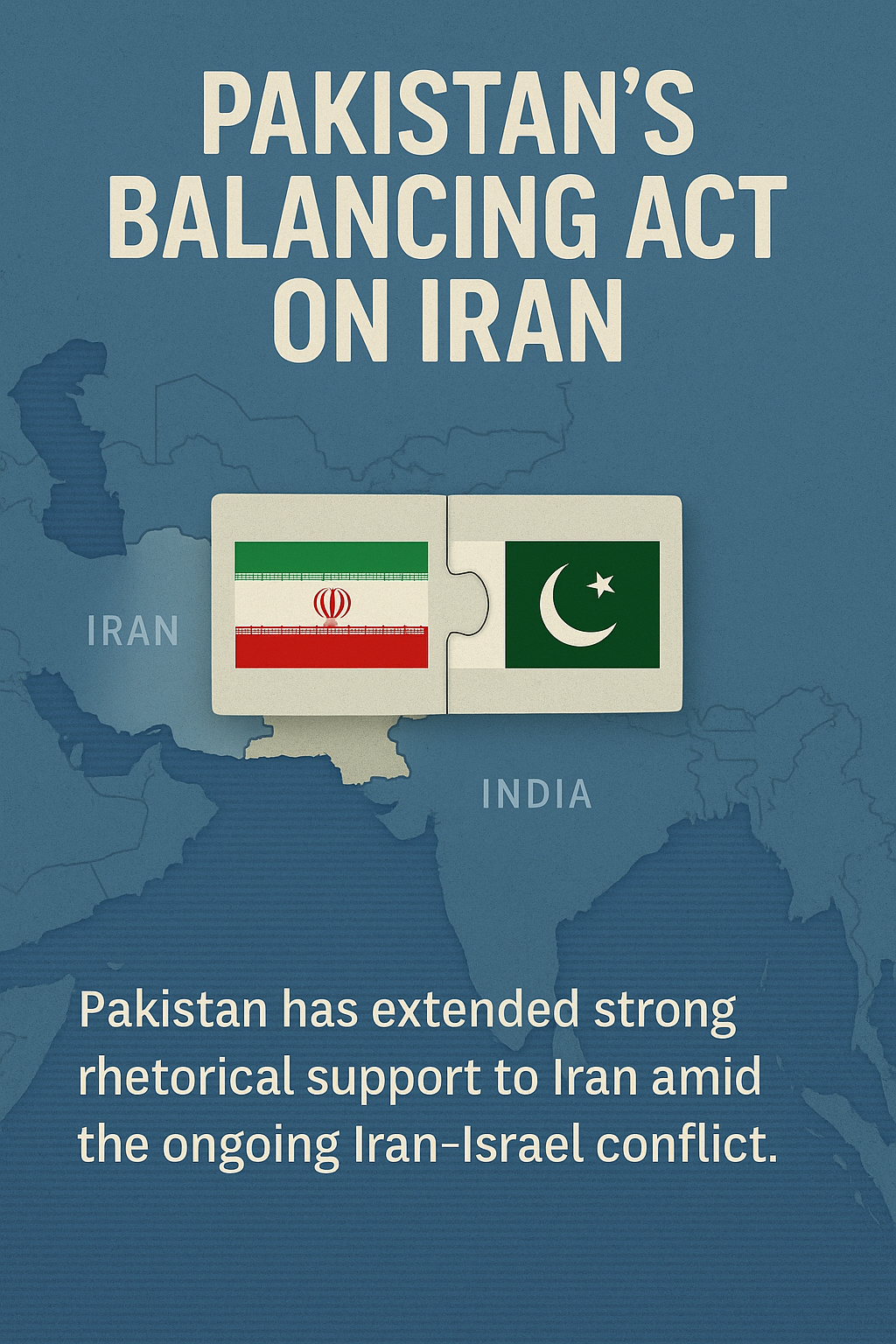049.
🗂️ Topic: International Summits / Environment / Sustainable Development
Africa Energy Summit 2025: National Energy Compacts Unveiled to Tackle Energy Access Deficits
Overview
The Africa Energy Summit, recently held in Dar es Salaam, Tanzania, brought together leaders from 12 African nations to present their National Energy Compacts. These strategic blueprints aim to address widespread energy access gaps and promote clean, sustainable energy solutions. The summit was a key component of “Mission 300”, a collaborative initiative by the World Bank and the African Development Bank, which seeks to bring electricity to 300 million people in sub-Saharan Africa by 2030.
⚡ Energy Access Deficits in Africa
- Over 600 million Africans lack access to reliable electricity.
- Sub-Saharan Africa accounts for 80% of the global population without electricity.
- Nigeria has the highest number of people without access.
- Challenges include aging infrastructure, limited funding, and poor grid connectivity.
🍲 Clean Cooking: A Health and Environmental Priority
- 800 million Africans still rely on traditional biomass (like firewood) for cooking.
- This leads to:
- Severe deforestation
- Over 700,000 annual deaths from household air pollution
- Example: Nigeria has committed to a 25% annual increase in clean cooking access to achieve universal coverage by 2030.
🌍 Commitments from Participating Countries
| Country | Electricity Access Target | Clean Cooking Target |
|---|---|---|
| Tanzania | 75% by 2030 | 80% by 2034 |
| Nigeria | Major expansion in renewables | 25% annual increase (clean cooking) |
| Others | Roadmaps include renewables, grid upgrades, policy reform, and green finance |
- Each country presented tailored strategies based on local needs and challenges.
- Focus areas include solar mini-grids, renewable power generation, and private sector involvement.
🎯 Alignment with SDG 7: Affordable and Clean Energy
- The summit reinforced commitments toward Sustainable Development Goal 7 (SDG7): “Ensure access to affordable, reliable, sustainable and modern energy for all.”
- Energy access is a foundational driver for:
- Economic development
- Education
- Healthcare
- Women’s empowerment
🔋 Mission 300: Powering the Future
- The World Bank–AfDB-led initiative envisions:
- Universal electrification for 300 million by 2030
- Sustainable financing models
- Inclusive development and climate-resilient infrastructure















